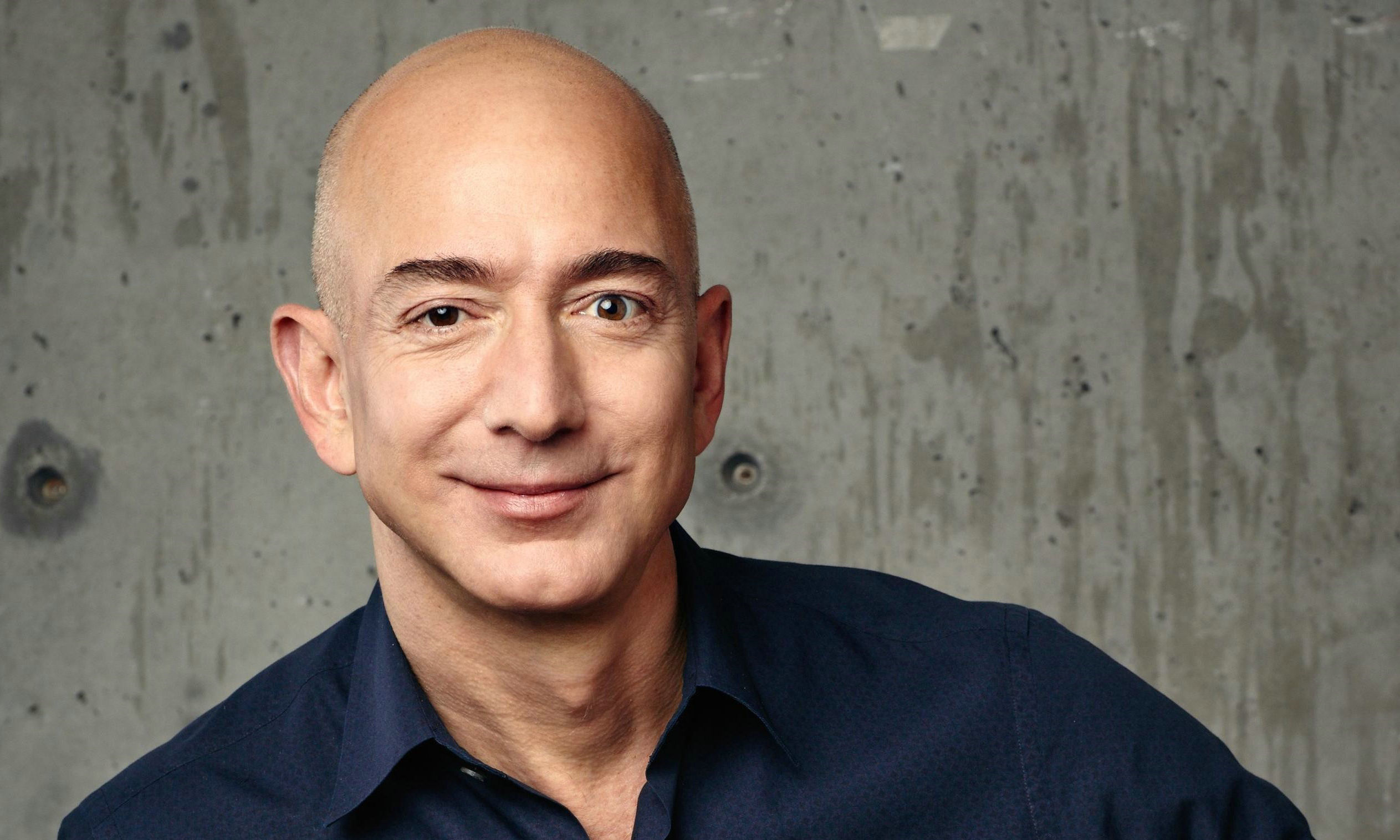In the vast global media landscape, there is such a figure whose name is like a magnetic field, attracting both praise and criticism. He is Keith Rupert Murdoch, a name almost known to everyone in the news industry, a legendary figure who has woven a huge media empire with wisdom and capital.
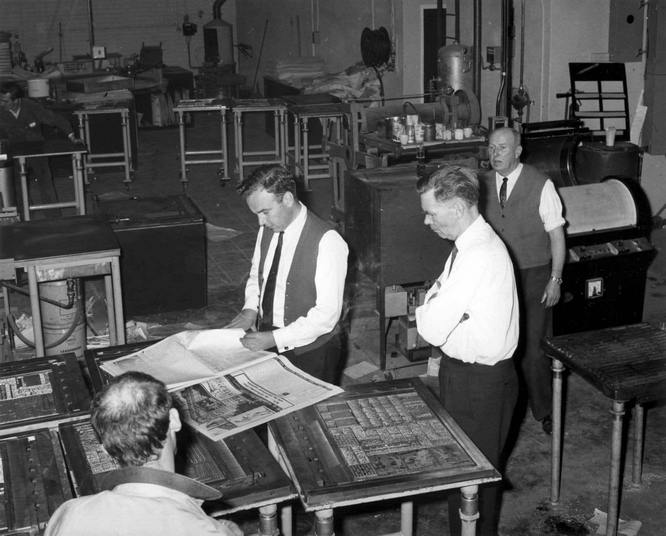
The Media Bloodline of the Family
"My story begins in a distant place, a small town where a dream began to ferment." - Although this is not a direct quote from Murdoch, it accurately sketches the outline of his childhood background. In 1931, Keith Rupert Murdoch was born in Melbourne, Australia, which was his first sky and the place where his dream set sail.
Murdoch's father, Keith Murdoch, was a former war correspondent turned newspaper man who owned The Herald and The News. Little Murdoch's childhood was soaked in the aroma of printing ink. He often lingered in his father's office, and those rapidly rotating printing presses and the busy figures of editors constituted his initial perception of "news". Just as he himself said, "My earliest memories are of longing to know more and longing to share those stories."
At the age of 12, the young Murdoch showed an extraordinary business acumen and love for the news industry. He used the equipment in his family's printing house to self-publish a small newspaper named "The Crabapple" and distributed it to schoolmates and neighbors. This small newspaper, was the embryonic form of his media empire dream, foreshadowing his determination to show his talent on a larger stage in the future.
Murdoch received a strict education at Geelong Grammar School and then went to Oxford University for further study. This study experience laid a solid foundation for his later operation of media worldwide. According to statistics, during his time at Oxford, he not only focused on academics but also actively participated in debating societies, exercising his acute thinking and eloquent debating skills. These early experiences enabled him to learn how to shuttle between different cultures and ideas, laying the foundation for his future transnational media empire.
"I am full of curiosity about the world, and this curiosity is the greatest driving force for me to move forward." Murdoch once described himself like this. His childhood and adolescence were filled with exploration of the unknown and thirst for knowledge. It is this insatiable curiosity that drives him to continuously explore in the media field. Even in the face of failure and challenges, he can persevere and move forward continuously.
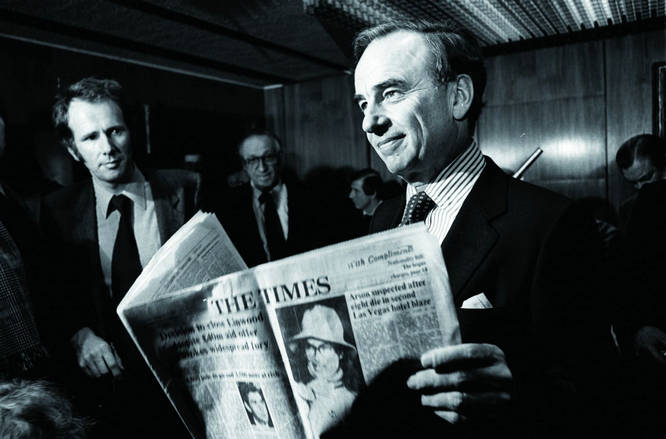
The Turbulent Times
The story took place in the 1950s in Australia, an era when the news paper still smelled of printing ink, the speed of information dissemination was far less than today, but it was also full of opportunities. The young Keith Rupert Murdoch inherited the family's tabloid business, but he was not satisfied with the status quo and had a burning ambition to change the world in his heart.
In 1952, when Murdoch was only 21 years old and faced the challenge of his father's sudden death, he resolutely took over the management of The Adelaide News. This was not only a responsibility but also a stage for him to show his talent. In the eyes of many people, this newspaper was just a local tabloid, but in Murdoch's hands, it was about to become the first cornerstone of his media empire.
Murdoch deeply understood the principle of "content is king". He boldly reformed the content strategy of the newspaper, introduced topics closer to people's livelihoods and more controversial, making The Adelaide News quickly attract a large number of readers and the subscription volume soared. This transformation not only reflected his acute insight into the market but also foreshadowed his determination to promote media transformation worldwide in the future.
Murdoch once said, "Either adapt to change or be eliminated." This sentence became a vivid footnote to his business philosophy. In that era, he not only adapted to change but also actively led change. Through continuous acquisitions and innovations, he expanded his business from Australia to the United Kingdom, the United States, and even globally, building a transnational and cross-media media empire.
According to statistics, from taking over The Adelaide News, in less than ten years, Murdoch's newspaper group had expanded to dozens of newspapers, including international famous newspapers such as The Sun and The New York Post. Behind these achievements is his accurate judgment of each investment and unremitting pursuit of content innovation.
Murdoch's first pot of gold is not only the accumulation of wealth but also the embodiment of his business wisdom and strategic vision. He dares to challenge the existing rules in the traditional media field, uses the content differentiation strategy to attract the audience, and seizes the opportunity to carry out mergers and acquisitions and expansions, showing extraordinary resource integration ability. This series of actions laid a solid foundation for him to later build a media empire spanning five continents.
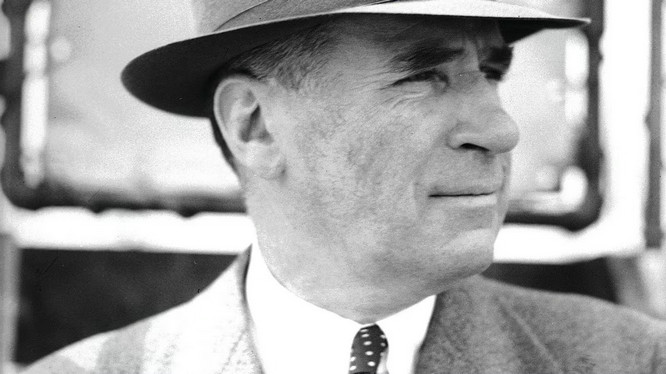
In adversity, a true leader will step forward
In the late 1980s and early 1990s, just as Keith Rupert Murdoch's News Corporation was at its zenith and its business territory was rapidly expanding to television networks, film production, satellite broadcasting, and other fields, a quiet financial storm was brewing. Although his ambitious mergers and acquisitions strategy once made him stand at the top of the world media, it also burdened him with heavy debt. As Murdoch himself said, "On the road of pursuing dreams, risks always coexist with opportunities."
In 1990, with the shadow of the global economic recession hanging over, advertising revenue plummeted, and coupled with the huge debt pressure of News Corporation, the company's stock price plummeted, and bank loans tightened, and the entire group was pushed to the verge of bankruptcy. According to the data at that time, the total debt of News Corporation was as high as 70 billion US dollars, almost twice its market value. At this moment, Murdoch faced the most severe test since his entrepreneurship, and every decision he made might determine the life and death of the empire.
Facing the unprecedented crisis, Murdoch showed the calmness and decisiveness of a business leader. He first carried out a painful but necessary divestiture, sold a number of non-core assets including TV Guide to repay part of the debt and reduce the financial pressure. At the same time, he actively sought new financing channels and introduced external capital through equity dilution, including the investment of Saudi Prince Alwaleed, which was regarded as a bold and crucial turning point at that time.
Murdoch emphasized in a speech during that difficult period, "In adversity, a true leader will step forward, not only for himself but also for the team and the belief." This was not only an encouragement to the employees but also an insistence on his own belief. He not only promoted cost control and efficiency improvement internally but also adjusted the strategic layout globally and strengthened investment in cable television and satellite broadcasting, laying the foundation for the future recovery.
After several years of efforts, News Corporation gradually emerged from the debt shadow, not only repaying most of the debts but also rejuvenating through a series of successful investments and operations. Entering the 21st century, News Corporation not only consolidated its leading position in the global media market but also seized the opportunity in the wave of digital transformation, and Murdoch's media empire once again shone brightly.
The greatest crisis in Keith Rupert Murdoch's entrepreneurial career is not only a thrilling history but also a profound revelation about perseverance and the courage to change. Just as he said after the crisis, "We are not great because we avoided failure but because we became strong by overcoming failure."
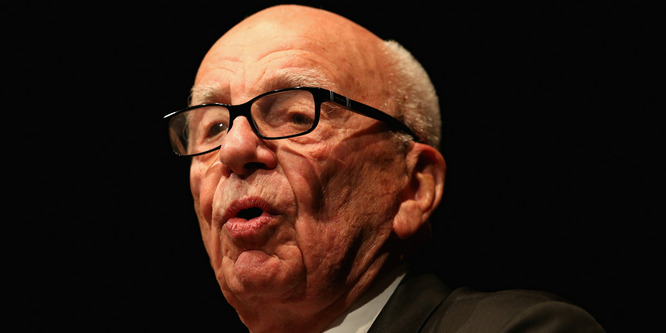
Controversy and Reflection: "Phone Hacking Scandal"
In 2011, the News of the World, a best-selling tabloid under the Murdoch News Group in the UK, collapsed suddenly after being exposed for illegally wiretapping the phones of celebrities, politicians and even the victims of crimes. This behavior not only violated personal privacy, but also seriously trampled on journalistic ethics, marking the peak of the moral crisis of the Murdoch media empire.
From members of the royal family to the missing girl Milly Dowler, from the families of fallen soldiers to well-known actors, the list of victims of the wiretapping incident is astonishingly long. The reporters of the News of the World cooperated with private detectives and used illegal means to obtain private information in order to create exclusive news and satisfy the public's desire to pry. When the truth came to light, the wave of anger quickly swept across the British Isles and then affected the whole world, and people's trust in Murdoch's media plummeted.
In the face of the overwhelming public opinion, Keith Rupert Murdoch made a rare public apology, calling this event "the most humble day in the company's history", and admitting that this was "a huge mistake, a disgrace". His statement is not only an apology to the victims, but also a profound reflection on his own management model. Murdoch's famous saying "Freedom of the press should not come at the expense of morality" seems extremely ironic at this moment, and has also become a wake-up call for himself and the entire journalism industry.
The "phone hacking scandal" not only triggered a large-scale criminal investigation, resulting in the arrest of several senior executives, but also led to extensive legal proceedings. The News Group finally paid hundreds of millions of pounds in compensation to the victims. At the same time, this incident prompted the British government to conduct a comprehensive review of the media regulatory system and introduce stricter laws and regulations to prevent the recurrence of similar events.
The "phone hacking scandal" is not just the exposure of a single event, it forces the entire journalism industry to examine its own moral bottom line and professional ethics. Murdoch strengthened the compliance and ethical training within the group after the incident in an effort to restore his reputation. This crisis has become a watershed, reminding all media people that while pursuing the truth and the public interest, they must adhere to ethical boundaries and respect individual rights.
The "phone hacking scandal" is not only a stain on the Murdoch media empire, but also a profound warning to the global journalism industry. It makes us realize that in the era of information explosion, the power of the media can not only illuminate the darkness, but also become a sharp weapon that can hurt the innocent. The controversy and reflection of Murdoch are not only the story of an individual or a company, but also the eternal pursuit of the balance between freedom of the press and responsibility. In this era where information is everywhere, behind every word and every frame of picture, there should be the awe of the truth and the respect for humanity.
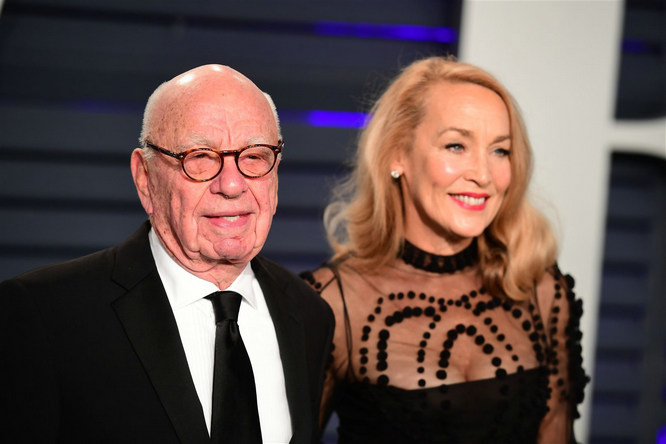
The Emotional Maze Under the Media Empire
"Life, like running a company, requires both strategy and passion, only love is much more complicated than any transaction." - This sentence by Keith Rupert Murdoch may be the best footnote to his emotional journey. From the young and green boy in Australia to the globally renowned media tycoon, Murdoch's emotional world, like his business empire, has experienced many reorganizations and innovations.
In 1956, Murdoch married his first wife, Patricia Booker. This was a typical "hero saves the beauty" story. Patricia was originally a flight attendant, and their union seemed to herald the beginning of a fairy tale. However, this marriage came to an end after 11 years, laying the stage for the subsequent relationships.
In 1967, Murdoch married Anna Torv. This marriage lasted for 22 years, during which they had three children together. Anna was not only his life partner, but also a powerful assistant in business. Her influence permeated every corner of the Murdoch empire. However, even such a strong bond could not withstand the erosion of time. The two announced their divorce in 1999. This breakup was said to cost as much as 1.7 billion US dollars, becoming one of the most expensive divorce cases at that time.
If the first two marriages were the prelude to Murdoch's emotional history, then the combination with Wendi Deng Murdoch was the most controversial chapter in his emotional chapter. In 1999, Murdoch married Wendi Deng, who was 38 years younger than him. The news instantly made a sensation around the world and triggered a huge wave of public opinion. This cross-cultural marriage was regarded by the outside world as an exchange of power, wealth and youth. And Wendi Deng's move of "defending her husband" when Murdoch was attacked pushed her to the forefront. Although this marriage lasted for 14 years and they had two daughters, it finally ended in divorce in 2013, leaving countless unsolved mysteries and the public's boundless reverie.
The reason why Murdoch's emotional life has attracted so much attention is not only because of his personal charm and status, but also because every marriage change seems to be closely linked to his business decisions and the expansion of the media empire. Every relationship change is accompanied by the adjustment of the power structure within the company and even affects the future direction of the group. This can't help but make people think whether there is a certain subtle balance and mutual influence between emotion and business for a power player like Murdoch.
Keith Rupert Murdoch's emotional path is a complex epic interwoven with love, hate, power and interests. Each relationship is an important milestone in his life journey, reflecting the inner desires and struggles of this media tycoon. Just as he said, "Life and love are both adventures." In this adventure, Murdoch is undoubtedly a brave explorer. His emotional territory, like his business empire, is both vast and full of unknowns.
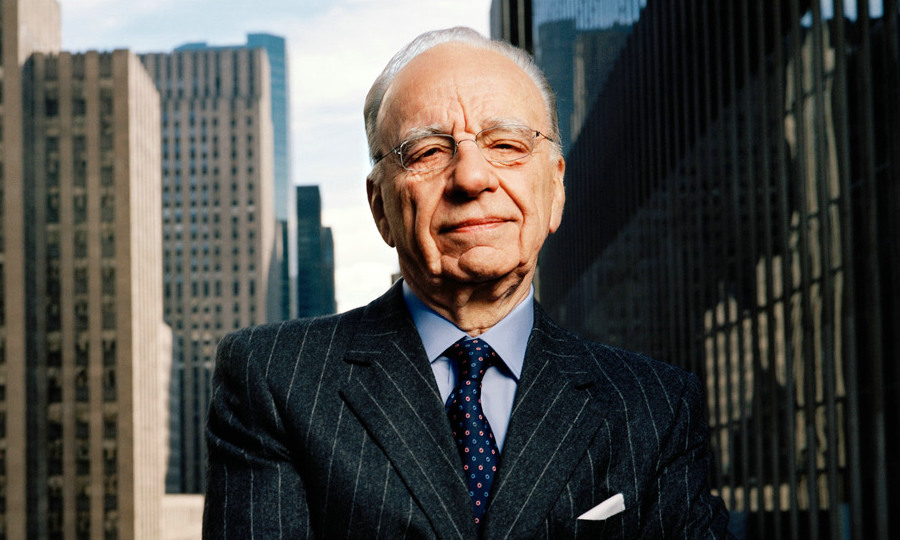
The Legend is Unfinished, the Reflection Continues
The story of Keith Rupert Murdoch is far from over, and his legend continues to be written in every strategic adjustment and every technological innovation of the News Group. His experience is not only the epic of personal struggle, but also the mirror of the profound reflection on the contemporary media environment. In this era of information explosion, how to balance business success and moral responsibility, and how to maintain respect for individual rights while pursuing the truth is a question that every media person and even the whole society needs to continuously explore. What Murdoch left us is a complex and profound topic, which is worthy of our careful taste and in-depth thinking in admiration and criticism.
